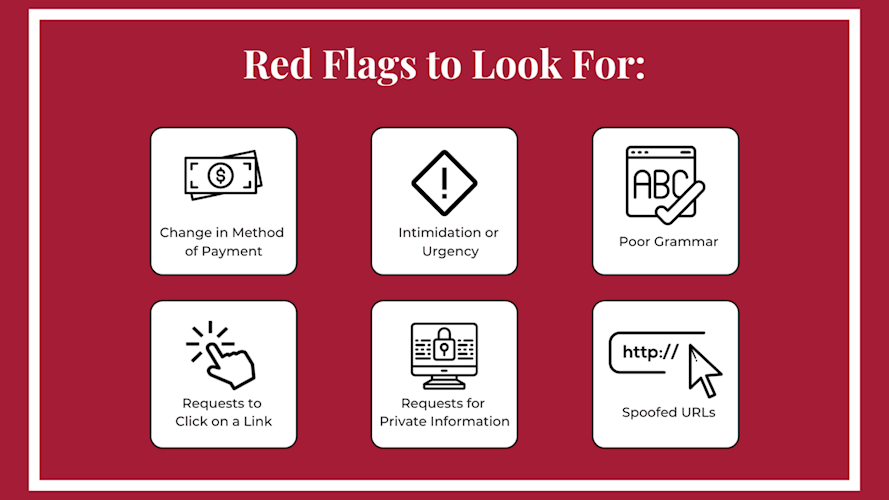Is Affiliate Marketing Legit? A Deep Dive into the Truth
You’ve probably seen someone marketing a product with a link and a casual “I’ll get a small commission if you buy through this link” if you’ve ever browsed YouTube, read a blog post, or followed a content creator on Instagram. Affiliate marketing is what that is. However, with so many internet schemes to make quick money, it’s normal to worry if affiliate marketing is legitimate.
In brief, affiliate marketing is a valid business model that generates income for thousands of people and businesses. Like every industry, it does, however, have its share of dishonest people and false beliefs. We’ll explain what affiliate marketing is, how it operates, its benefits and drawbacks, and how to distinguish between trustworthy chances and dubious frauds in this piece.

#What Is Affiliate Marketing?
One form of performance-based marketing is affiliate marketing, in which a person (the affiliate) receives a commission for endorsing the goods or services of another business. In essence, it is a revenue-sharing model in which the affiliate receives a portion of the profits while the business gains additional clients.
#Here’s how it works in four simple steps:
1. Join an affiliate program: This could be Amazon Associates, Share A Sale, or a brand’s in-house program.
2. Get a unique affiliate link: This link tracks the traffic and sales you generate.
3. Promote the product: Through blogs, social media, email newsletters, YouTube videos, etc.
4. Earn commissions: When someone makes a purchase through your link, you earn money.
#Why Affiliate Marketing Is Considered Legitimate
1. Used by Reputable Companies
Large companies that use affiliate marketing include Amazon, Target, Walmart, Bluehost, and even Apple. It’s an affordable way for businesses to expand their audience without having to pay for traditional advertising up front.
2. Clear Revenue Model
Sales are the source of revenue for affiliate marketers. Unlike multilevel marketing, it is not predicated on recruiting others, and the source of the funding is not a mystery. You get compensated if you add value and have an impact on purchasing decisions.
3. Regulated by Guidelines
The *Federal Trade Commission (FTC)* in the United States has established disclosure rules for affiliate marketing. The requirement that affiliates explicitly reveal their affiliations with brands enhances transparency and safeguards consumers.
#Common Misconceptions About Affiliate Marketing
1. “It’s a Scam.”
Because of the way affiliate marketing is occasionally promoted, particularly through dubious “make money online” courses or YouTube advertisements, people may mistakenly believe it to be a fraud. However, rather than the item itself, the issue is frequently with how it’s promoted.
Affiliate marketing is only a scam if someone’s selling fake products or lying about earnings to lure others in.
2. “It’s Easy Passive Income.”
Although it takes initial work—developing a following, producing worthwhile content, and continuously modifying tactics—affiliate marketing can turn into a passive revenue stream. It’s a legitimate business, not a ploy to make quick cash.
3. “You Need a Huge Following to Succeed.”
Although having a big following is beneficial, niche bloggers and micro-influencers frequently outperform them in affiliate marketing due to their more focused and active fan bases. Quality is more important than quantity.
#The Pros of Affiliate Marketing
1. Low Startup Costs
You don’t have to handle customer service, maintain inventory, or develop a product. Often, all you need to get started is a laptop and an internet connection.
2. Flexibility and Freedom
You may choose your own hours, pick your specialty, and work from anywhere.
3. Scalability
Your income potential increases as your content and audience do. While some marketers make six or seven figures a year, others only make a few hundred dollars a month.
4. Diverse Monetization Options
You can advertise physical goods, services, online courses, and digital products (such as software or eBooks). Your revenue streams can now be more flexible as a result.
#The Cons of Affiliate Marketing
1. Income Isn’t Immediate
It takes time to develop a devoted following and trust. You might not make your first money for months.
2. Competition Can Be Fierce
Because popular sectors like tech, finance, and fitness are so competitive, you’ll need to use SEO and great content to stand out.
3. Commission Structures Can Change
Businesses may abruptly terminate affiliate programs or reduce commission rates. Your source of income is not entirely within your control.
4. You’re at the Mercy of Platforms
Any changes may have an impact on your reach and revenue if you rely on social media algorithms or Google for blog visitors.

#Red Flags: How to Spot Affiliate Marketing Scams
Some frauds pose as affiliate schemes, despite the fact that affiliate marketing is legitimate. Here are some things to be aware of:
– High upfront fees: Legit affiliate programs are usually free to join.
– No real product being sold: If it’s all about recruiting others, not selling products, it might be an MLM or pyramid scheme.
– Unrealistic income claims: Be skeptical of anyone promising you’ll make thousands in your first month with “no work.”
– Pressure tactics: Scammers may pressure you to “act fast” or “lock in your spot.”
Always research any program before joining and look for reviews, trust scores, and company history.

#How to Start Affiliate Marketing the Right Way
1. Pick a Niche You Know or Are Passionate About :
Focus on an area where you can provide genuine value and insights.
2. Build a Platform:
A blog, YouTube channel, podcast, or even TikTok account can serve as your content hub.
3. Join Reputable Affiliate Programs:
Start with trusted names like Amazon Associates, CJ Affiliate, Rakuten, or programs specific to your niche.
4. Focus on Trust and Value:
Be honest in your reviews, only promote products you believe in, and always disclose affiliate links.
5. Keep Learning and Optimizing
Track your performance, test new strategies, and stay updated with industry trends.
#Final Thoughts: So, Is Affiliate Marketing Legit?
*Definitely.* When done properly and intelligently, affiliate marketing is a valid, scalable, and lucrative online revenue stream. It encourages innovation, the production of content, and the development of trust. It’s not a magic ATM, though. Time, effort, and a readiness to learn are necessary for success.
Like any business model, it’s what you make of it.
If you’re thinking of diving in, start small, stay honest, and build value first—the money will follow.
